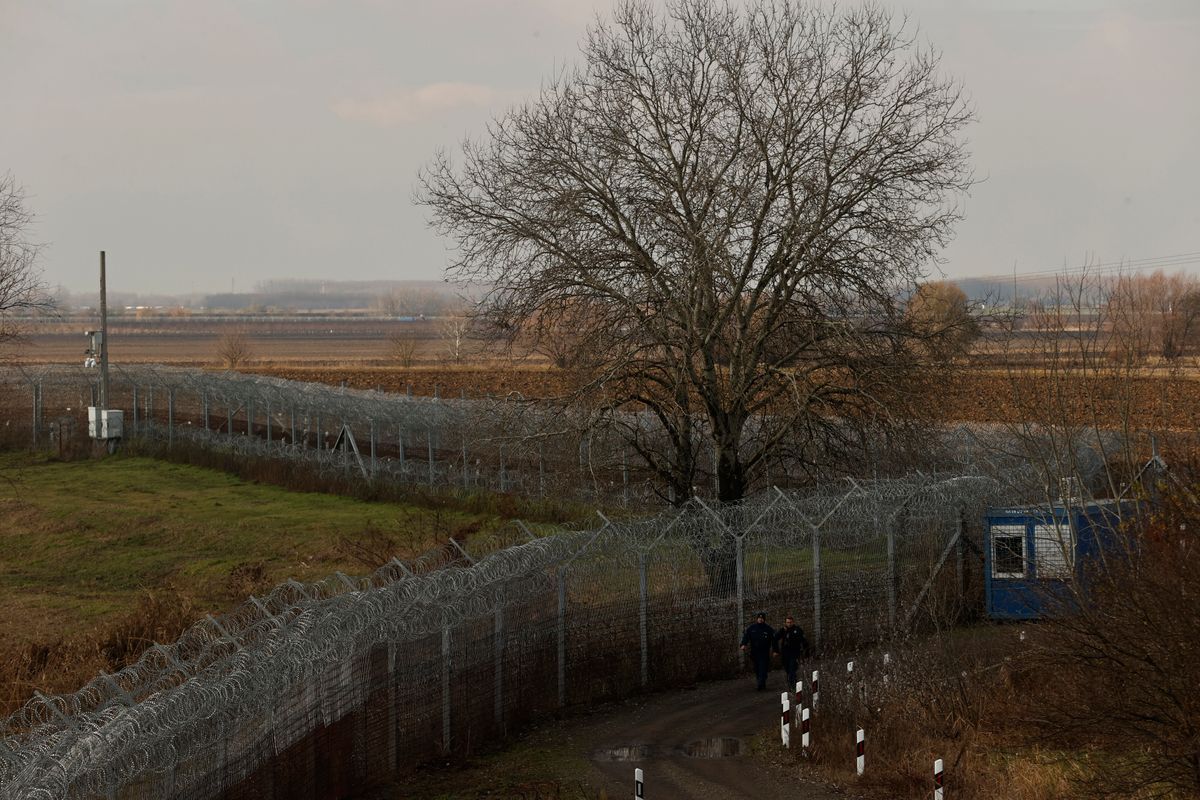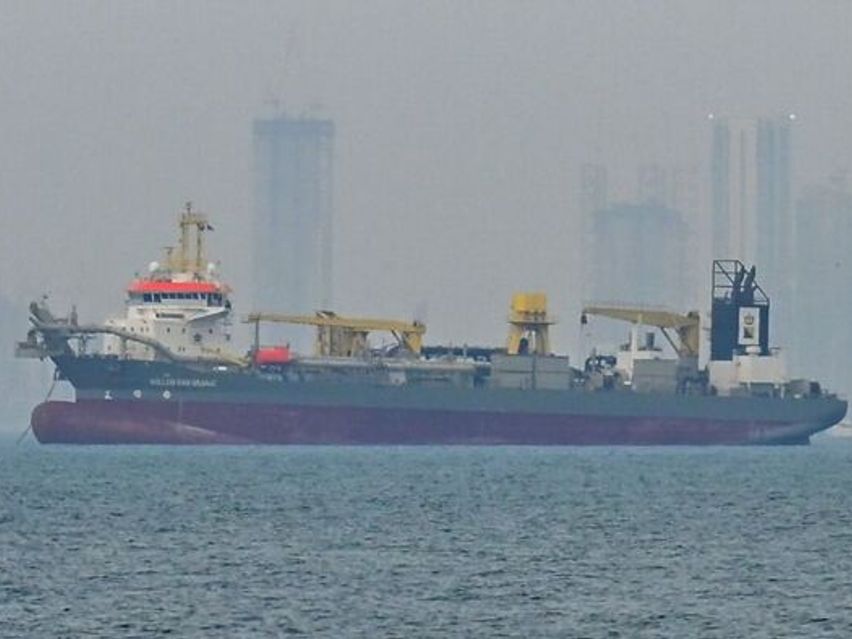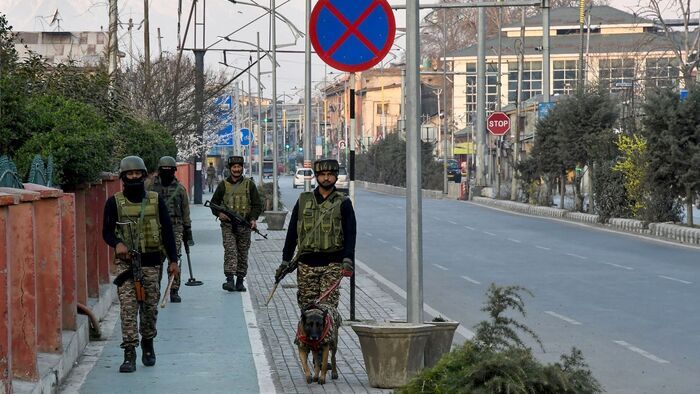Migration poses new challenges for the European Union, according to the Migration Research Institute's fresh analysis sent to Magyar Nemzet. Last year, illegal migrant arrivals in Europe broke records: by the end of November 2023, Frontex had registered a total of 355,300 illegal entries at the external borders of the European Union, that's more than at any time since 2016.

The deteriorating security situation in the Sahel region and the economic difficulties in North Africa, the Middle East and Central Asia have led to almost one million third-country nationals applying for asylum in the European Union, the report explains.























Szóljon hozzá!
Jelenleg csak a hozzászólások egy kis részét látja. Hozzászóláshoz és a további kommentek megtekintéséhez lépjen be, vagy regisztráljon!